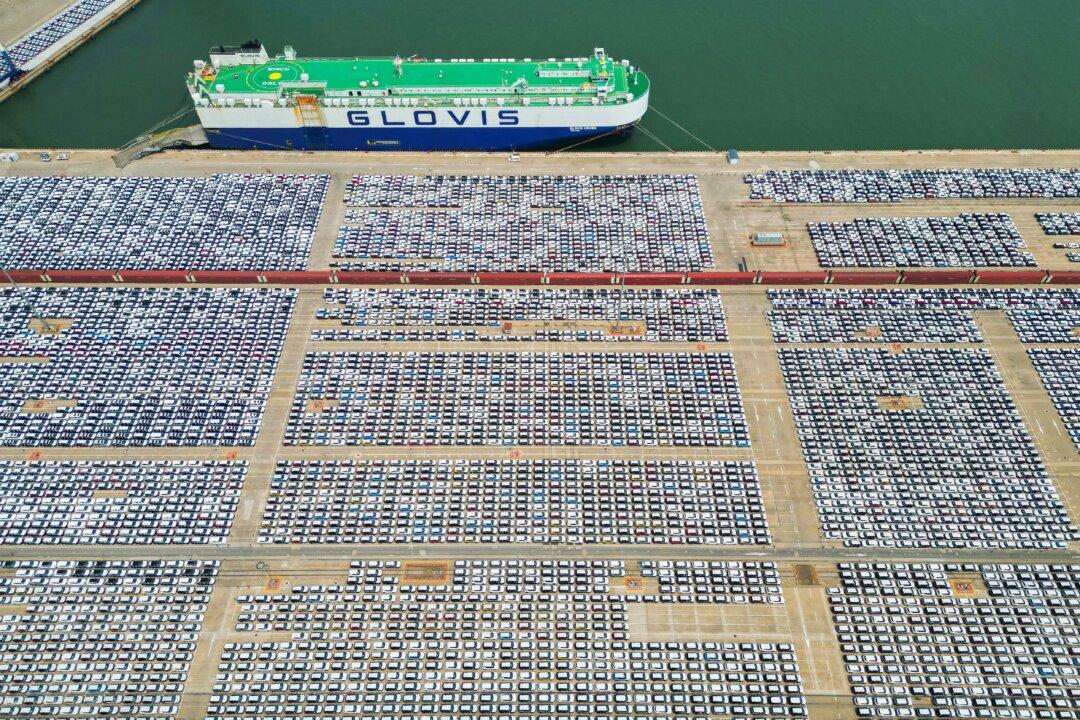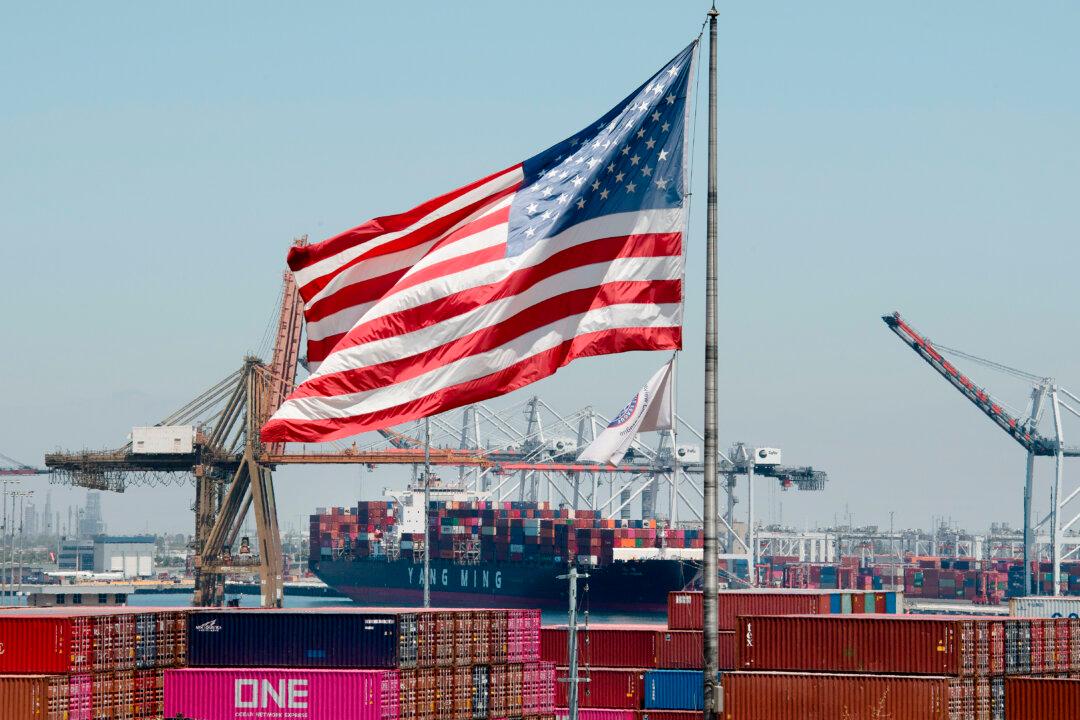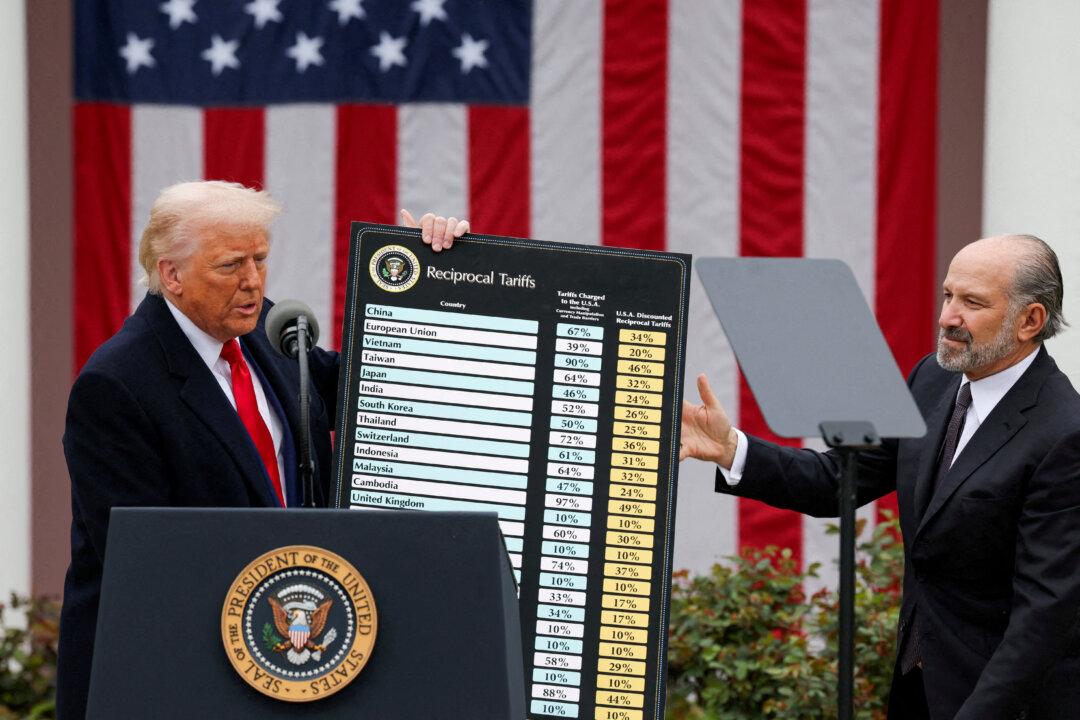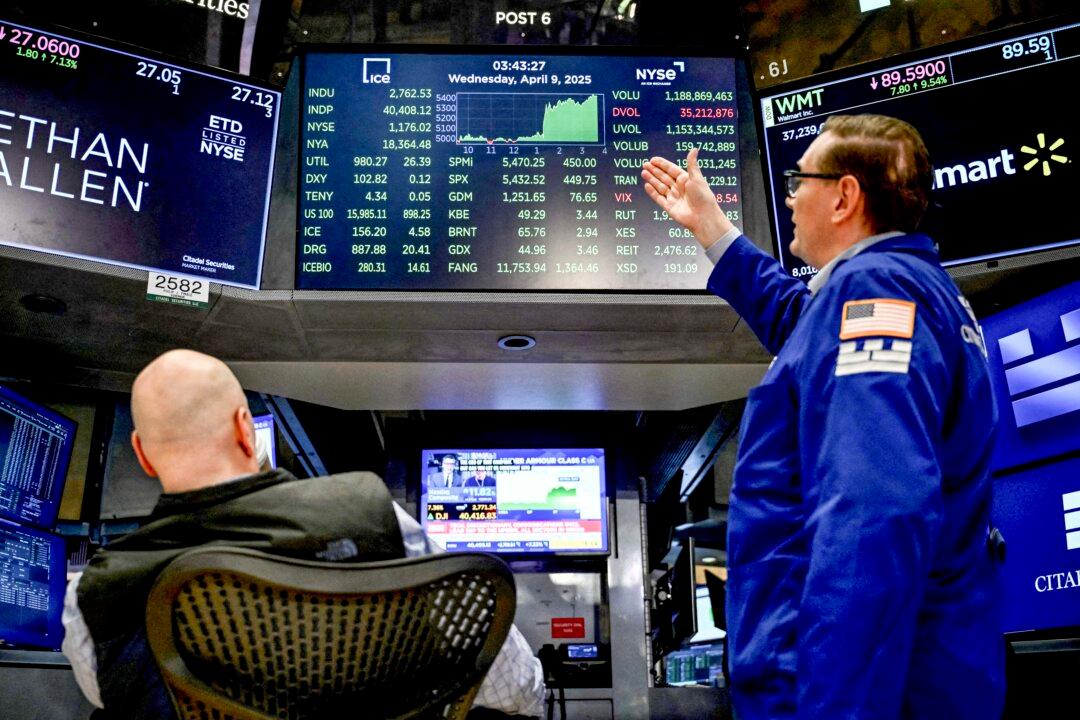Commentary
Earlier this week, during her Beijing meetings, U.S. Treasury Secretary Janet Yellen said she had reached an agreement with China to “launch intensive exchanges on balanced growth in the domestic and global economies.” If history is any guide, this is an empty agreement that will only delay the inevitable.





